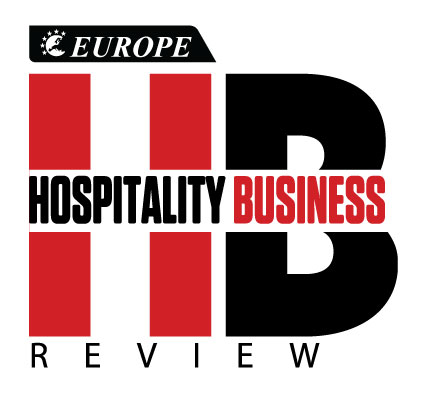Thank you for Subscribing to Hospitality Business Review Weekly Brief
The Digital Revolution in European Destination Marketing
Hospitality Business Review | Tuesday, December 09, 2025
FREMONT, CA: The digital age has fundamentally reshaped how destinations market themselves, particularly in a competitive tourism landscape like Europe. Social media and digital platforms have become indispensable tools for attracting tourists, influencing their decisions, and shaping their experiences.
Key Trends and Strategies in Digital Tourism Marketing
Visual Storytelling
Stay ahead of the industry with exclusive feature stories on the top companies, expert insights and the latest news delivered straight to your inbox. Subscribe today.
With the rise of platforms like Instagram and YouTube, visual content has become a cornerstone of tourism marketing. Destinations leverage high-quality photos and videos to highlight their unique attractions, cultural experiences, and scenic landscapes. This includes using drone footage to capture breathtaking views, short-form videos showcasing local experiences, and promoting "Instagrammable" locations to encourage user-generated content.
Influencer Marketing
Partnering with travel influencers has emerged as a powerful strategy for engaging audiences. Influencers provide authentic, relatable content that inspires travel and fosters trust. European destinations increasingly collaborate with influencers to promote specific regions and attractions, highlight unique experiences such as culinary tours and adventure activities, and reach niche audiences through targeted content.
User-Generated Content (UGC)
Encouraging tourists to share their experiences on social media has become crucial in destination marketing. UGC offers authentic testimonials and enhances credibility among potential visitors. Destinations actively implement hashtag campaigns to collect and showcase user content, integrate social media walls on websites and visitor centres, and organise contests and giveaways to incentivise engagement.
Personalised Experiences
Advancements in digital marketing allow destinations to tailor messages based on individual preferences and travel behaviours. This personalisation includes targeted social media advertising, customised email marketing campaigns, and AI-powered chatbots providing tailored recommendations. Such strategies enhance user engagement and improve conversion rates.
Digital Experiences
Integrating virtual reality (VR) and augmented reality (AR) redefines the tourism industry by offering immersive pre-travel experiences. VR allows potential tourists to explore historical sites virtually, while AR applications enhance real-world visits by providing interactive information about landmarks. These technologies enrich visitor experiences and serve as powerful marketing tools.
Data Analytics
Data-driven strategies are crucial in refining tourism marketing efforts. Destinations leverage analytics to gain insights into target audiences, track campaign performance, and optimise marketing strategies. This includes analysing social media engagement metrics, monitoring website traffic and user behaviour, and identifying emerging travel trends through data interpretation.
Sustainable Tourism Promotion
With growing concerns about over-tourism, European destinations increasingly prioritise sustainable tourism initiatives. Digital platforms are being used to educate tourists about responsible travel, promote off-season and less crowded destinations, and highlight eco-friendly accommodations and activities. These efforts align with global sustainability goals and enhance the long-term appeal of destinations.
Europe's rich cultural heritage and diverse landscapes make it a prime focus for digital tourism marketing. Many national tourism organisations actively leverage social media and digital platforms to promote their destinations. Cultural tourism is strongly emphasised, with campaigns highlighting historical sites, art galleries, and local traditions. Additionally, the European Union supports initiatives to foster sustainable tourism and drive digital innovation in the sector.
More in News



